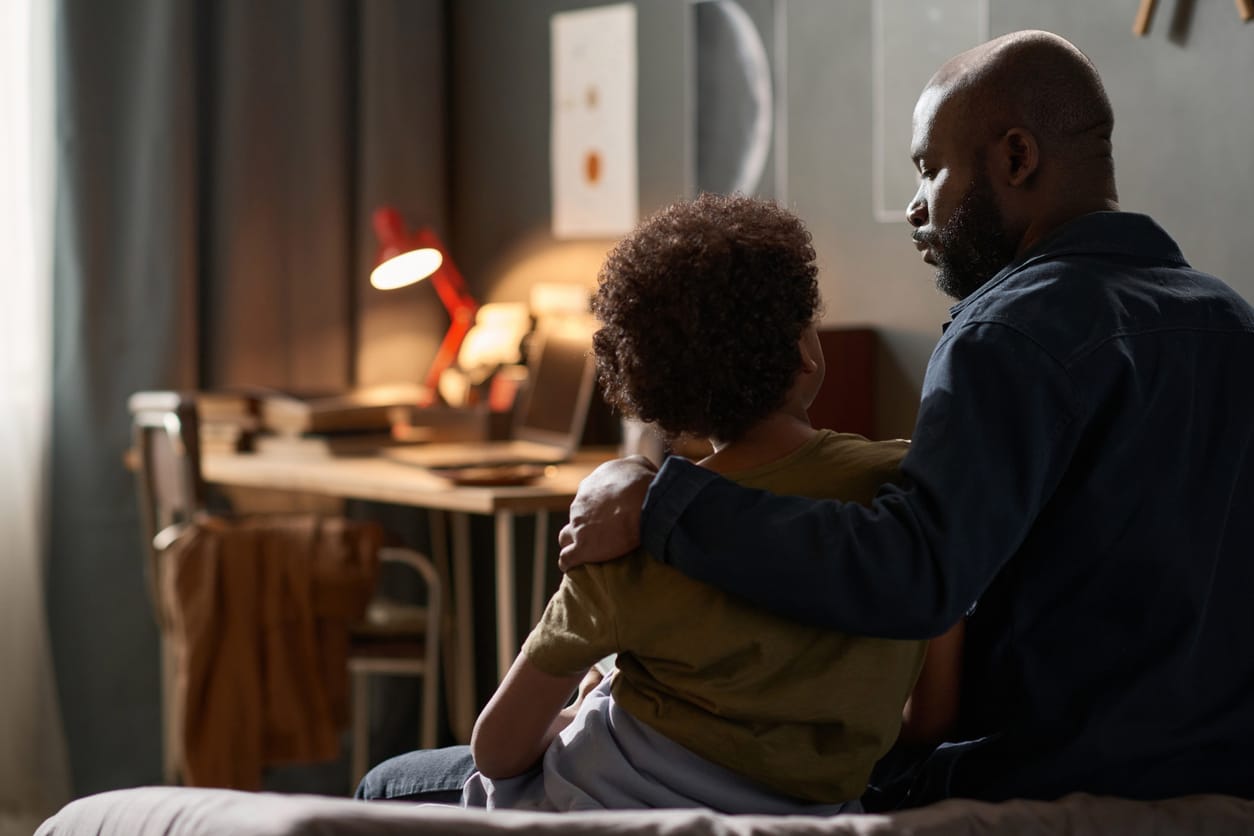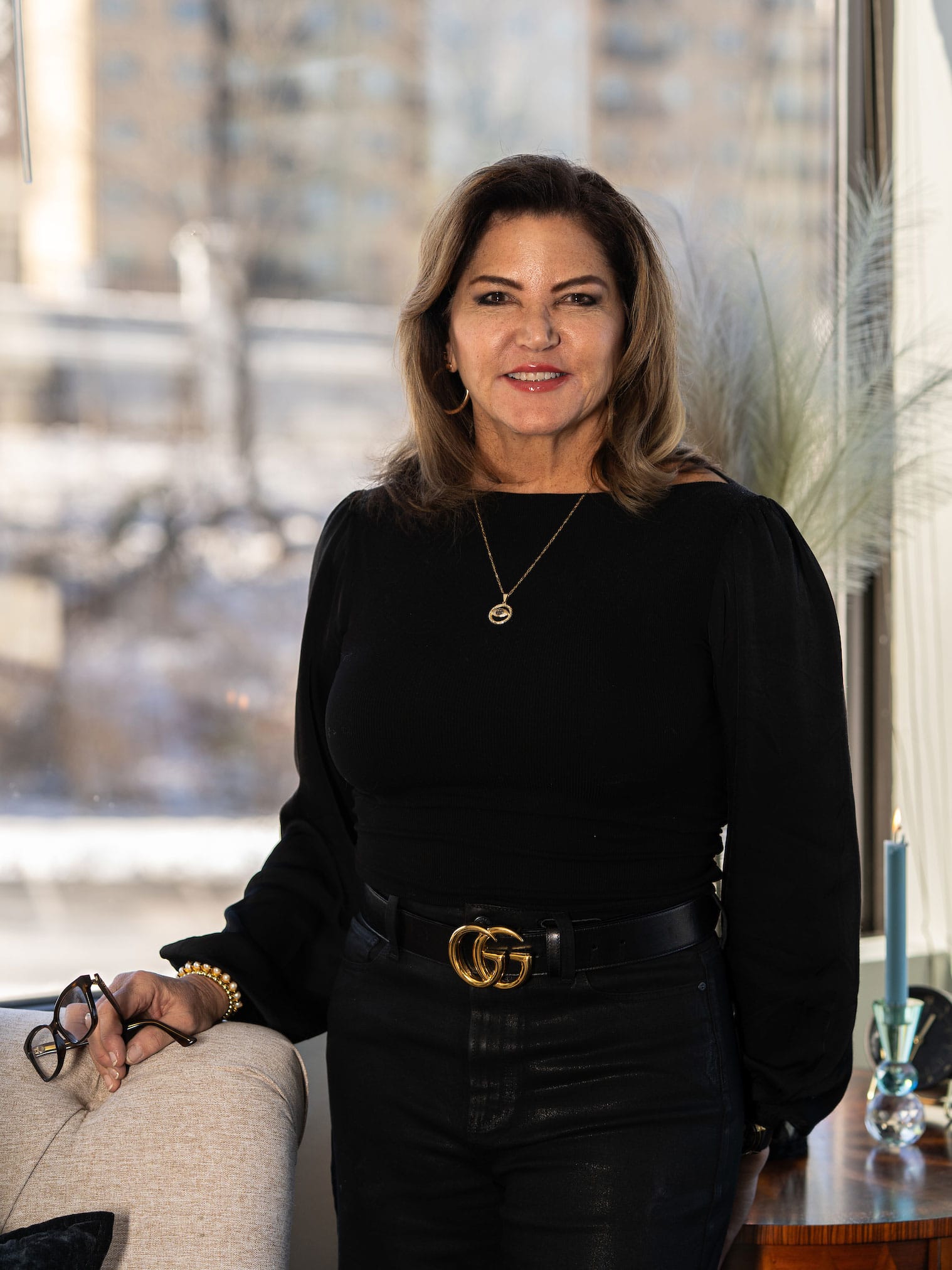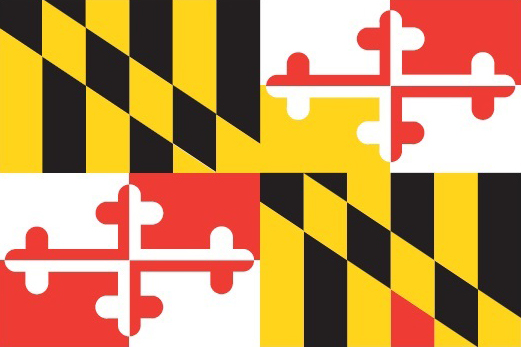This article was published on: 10/7/24 3:07 PM

Article written by Casey Anderson, LCPC
So, My Kid’s Anxious and Isn’t Getting Much From Individual Therapy
It’s a bitter pill to swallow: You can’t control another person’s behavior, including your child’s anxious behavior. This presents a big problem for kids with anxiety disorders and obsessive compulsive disorder (OCD). Parents understandably turn to child-focused therapy to address anxiety symptoms. Although some kids and teens benefit from individual cognitive behavioral therapy, many are unfortunately identified as “treatment resistant.” Individual therapy experiences can be complicated by several factors including: (1) The severity of the child’s anxiety and/or OCD symptoms, (2) A child’s willingness to participate in treatment experiences, (3) A child’s commitment to make effortful commitments to address anxiety, and/or (4) The degree to which parents participate in the child’s treatment. Finding a qualified specialist, who is adequately trained to treat OCD and anxiety, can be a major barrier to behavior change. Many times, children begin outpatient psychotherapy, but become discouraged
Pause for a minute and think about it… perhaps it makes good sense that anxious youth sometimes struggle in individual treatment! For anxiety disorders, the active ingredient in research-backed therapies has to do with exposure: in other words, facing one’s fears. But for some children, facing their fears in treatment is like climbing a Mount Everest: Not impossible, but very hard work. Fear naturally tells us to avoid and/or escape, and for kids, that might in barriers to treatment engagement. In addition, children might also withdrawal in other settings including school, community, and recreation. Left untreated, anxiety disorders in youth can result in severe and long-term consequences including an increased risk of adult mental health problems, relationship, academic, occupational, and other difficulties. Treatment approaches that lack effective teamwork between clinicians and parents can sometimes result in poor treatment outcomes.
Some kids even wish that their parents would make them face their fears, as it is so challenging to do so! When it comes down to it many parents notice the troubling and terrifying thought: “How on Earth can I get my kid better?”
There’s nothing worse for a parent than to see their child suffer and feel helpless. Naturally, our instinct is to rescue and console them, however, there are certain responses unbeknownst to the well-meaning parents and other family members, only serve to exacerbate and maintain anxiety/OCD symptoms long term. If a child isn’t able to engage in treatment, where can parents turn for help?
What is SPACE?
Supportive Parenting for Anxious Childhood Emotions (SPACE) is a parent-focused treatment intervention for children and adolescents with anxiety, obsessive compulsive disorder (OCD), and related problems. To put plainly, parents are in the driver’s seat of treatment (with limited child participation). SPACE was developed by esteemed psychologist and childhood anxiety disorder expert, Eli Lebowitz, PhD at the Yale Child Study Center. Research repeatedly demonstrates SPACE to be a helpful intervention for children with anxiety and their families. Want to be up-to-date on all the current SPACE research?
… But Why Focus on Parents If My Kid’s the One with the Anxiety?
SPACE considers childhood anxiety to be quite different than anxiety in adulthood. For starters, anxiety in childhood is best thought of as a full system interpersonal process. For example, in early life human beings are not fully developed. They do not come with a set of skills, capabilities, and defenses for survival,like other mammals. During childhood, human beings are meant to be protected by watchful and caring adults – committed to safety and protection.
Anything parents do to help their child avoid anxiety-related emotional discomfort is called family accommodation. As an example, assuring your child that there are no monsters under the bed before nighttime is an example of a family accommodation. Family accommodations to childhood anxiety are natural and biological. When a child is distressed, parents naturally want to help their children alleviate anxiety. This can be helpful in some instances, but if over-used the child may not develop skills to tolerate distress and regulate emotions.
When family accommodations become more pronounced, intense, and frequent they serve to maintain the anxiety disorder. We don’t want to miss out on an opportunity for children to learn to safely manage their anxiety independently. Though reassuring an anxious child that there are no monsters under the bed buys temporary reassurance (which perhaps feels good to both kids and parents alike!), for a child diagnosed with an anxiety disorder and/or OCD, the long-term game is detrimental.
Conditions Treated
Diagnostically, SPACE is found to be an effective treatment for a multitude of childhood anxiety disorders, including specific phobias, panic disorder, generalized anxiety disorder, selective mutism, social anxiety disorder, and/or obsessive compulsive disorder (OCD).
Benefits of SPACE
Big picture: SPACE is intended to support parents in following an organized plan to reduce family accommodations of a child’s anxiety, while also increasing parental support. When parents learn to use a combination of fewer family accommodations, it is an opportunity for children with anxiety to acquire new learning. For example, a parent might choose to gradually reduce the duration of a nightly bedtime routine. At the same time, parents can send a heartfelt supportive statement that balances both acceptance and confidence: “It’s scary to say goodnight so soon, but we know you can do it!”
SPACE also works to prevent the possibility of future anxiety disorders in adulthood. In many cases SPACE is offered in a group treatment format, allowing parents to foster social connection and perspective with other parents of anxious youth.
SPACE and the Maryland Anxiety Center
The Maryland Anxiety Center (MAC) offers SPACE treatment services in Towson, Maryland. To learn more about SPACE, including upcoming groups for parents/caregivers, be sure to check out the MAC website regularly!

 The Maryland Anxiety Center was founded by Andrea G. Batton, LCPC with a vision of creating a practice where clinicians and staff work cohesively and collaboratively with patients to provide optimal psychological care. The Maryland Anxiety Center specializes in the treatment of anxiety and related disorders from a cognitive behavioral perspective, the gold-standard and most effective treatment for such conditions.
The Maryland Anxiety Center was founded by Andrea G. Batton, LCPC with a vision of creating a practice where clinicians and staff work cohesively and collaboratively with patients to provide optimal psychological care. The Maryland Anxiety Center specializes in the treatment of anxiety and related disorders from a cognitive behavioral perspective, the gold-standard and most effective treatment for such conditions.